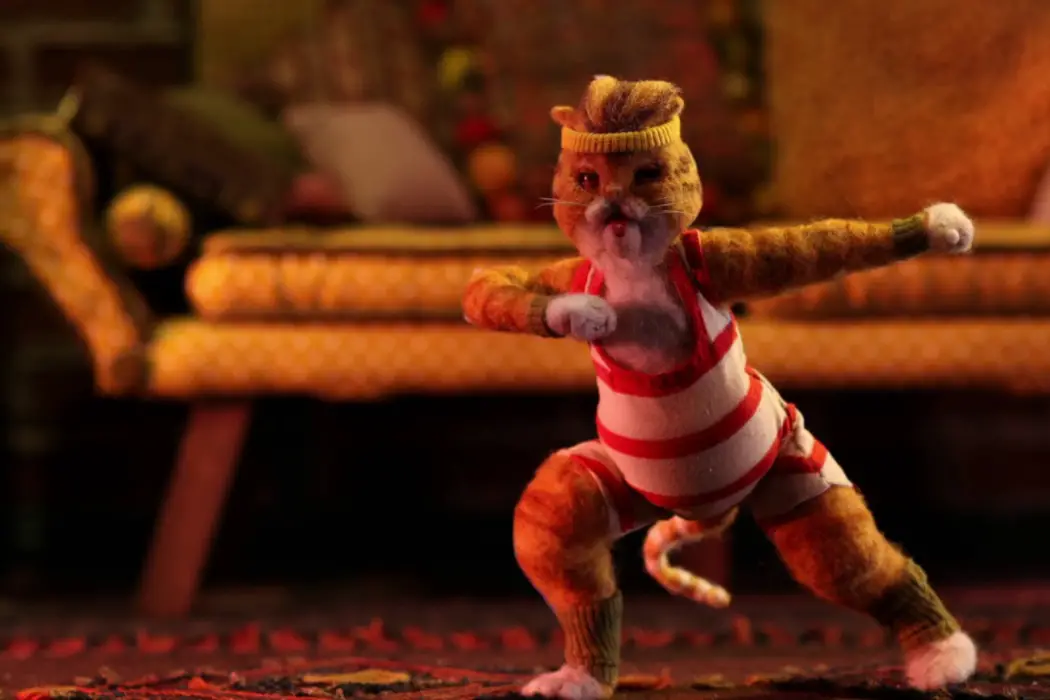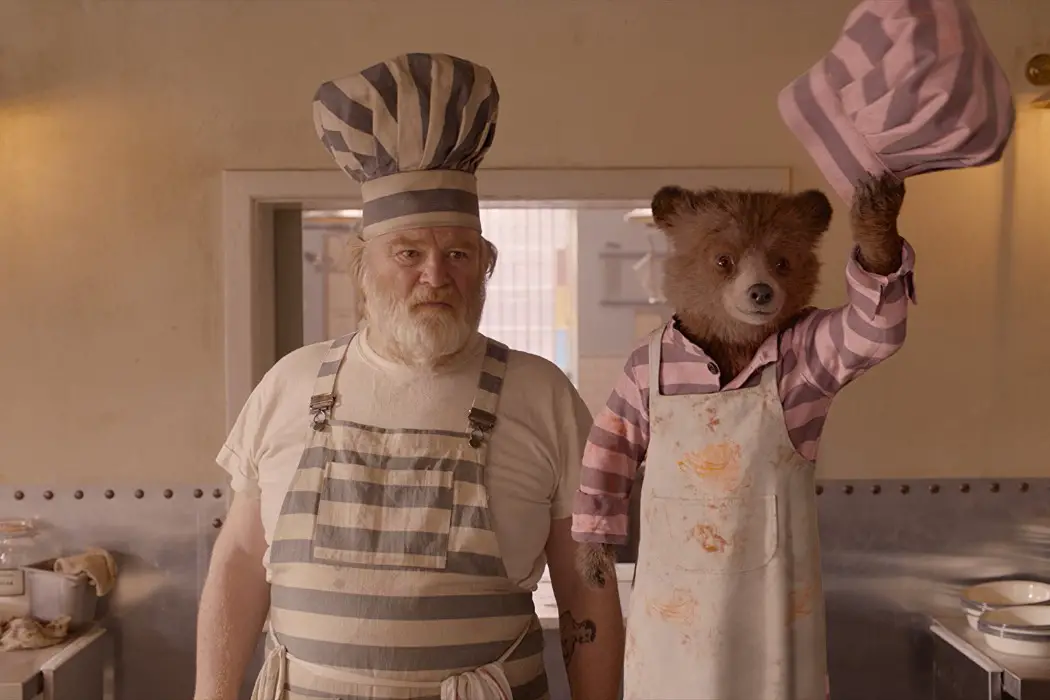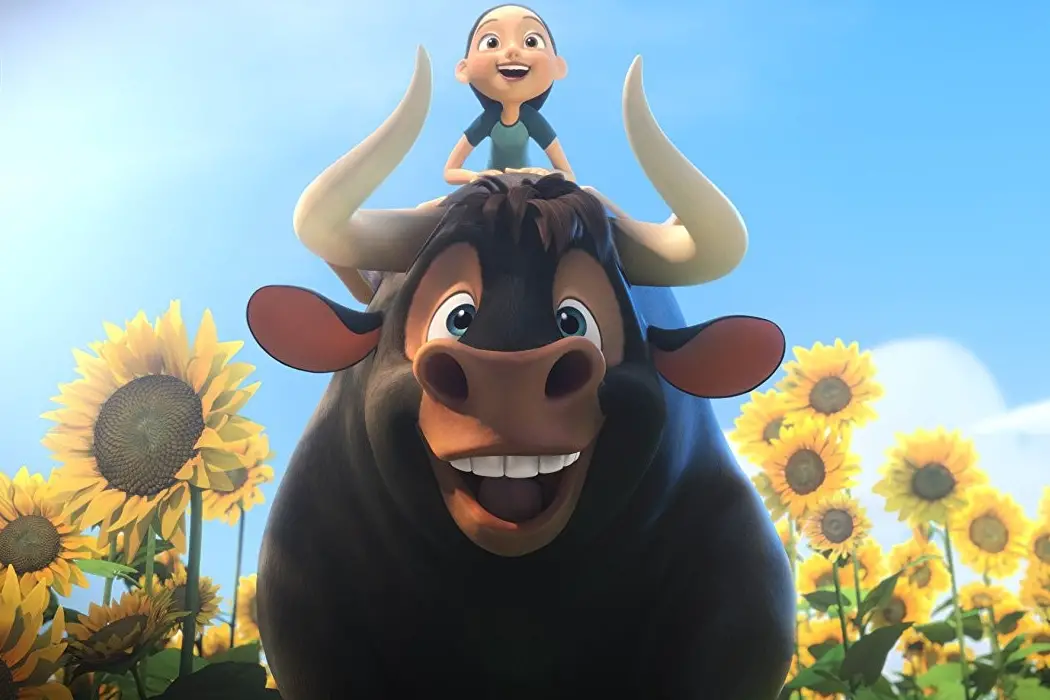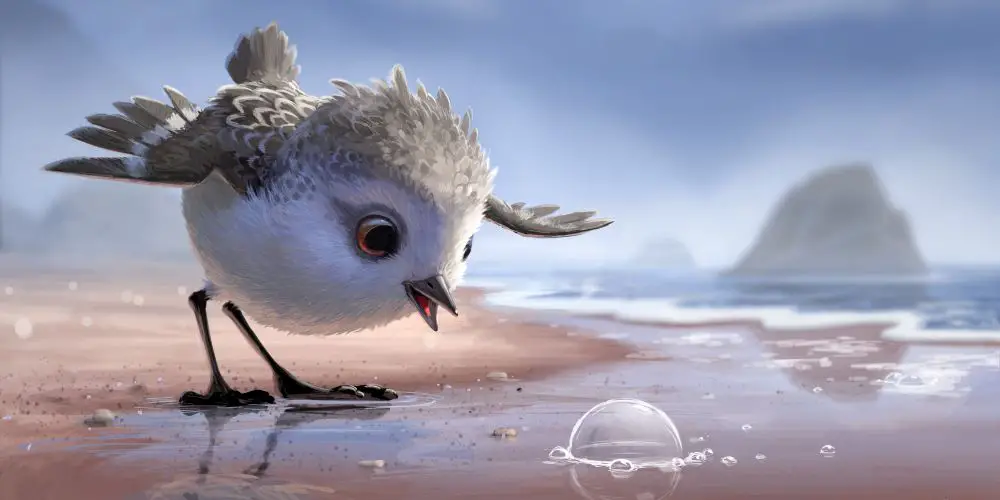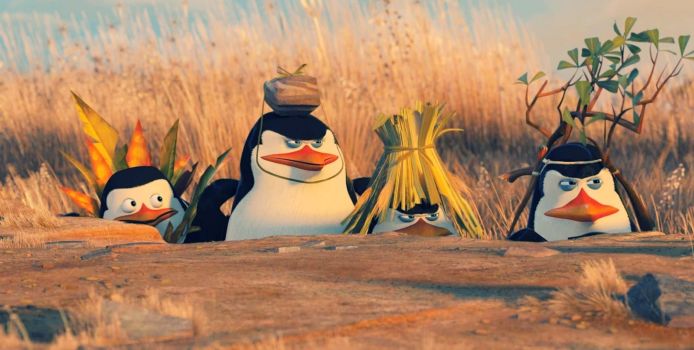anthropomorphism

Zootopia is the cinematic equivalent of a Dr. Seuss novel; though mostly made for kids, it resonates with deeper and socially relevant themes. The political landscape from which this film was born is apparent almost from the start, and though at times less than subtle with its agenda, it still manages to be an incredibly witty, emotional and entertaining movie experience.
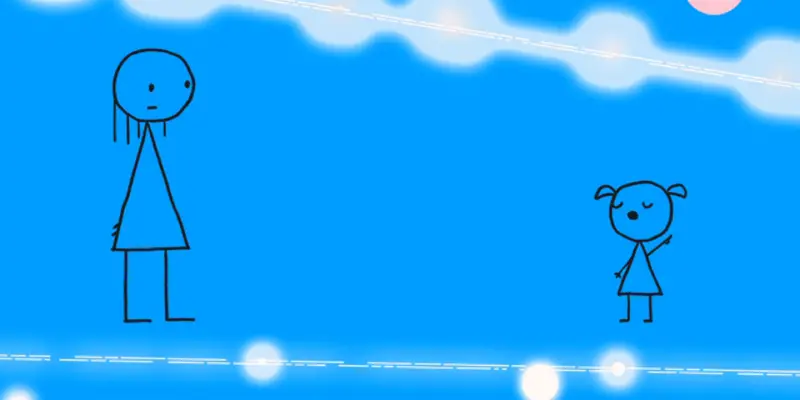
It is always nice to visit the short films that people work so hard on but you never really think about viewing. It is not until the Oscars that these films get any mainstream attention, and that is one of the best things the Oscars provides to filmmakers. This year’s nominees are strong, featuring sad bears, old men who desperately want hand-drawn animation to survive, clumsy cosmonauts, Hindu superheroes, and some brilliant sci-fi.
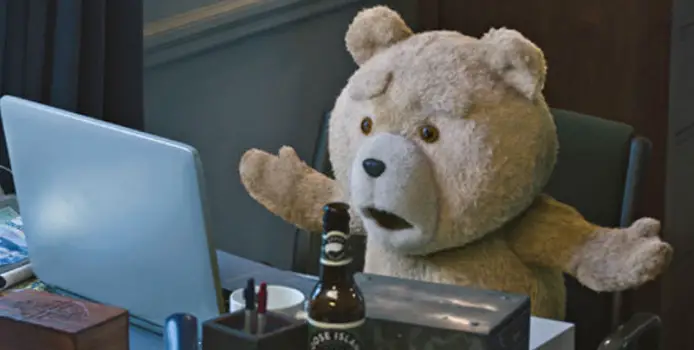
Ted 2 is exactly what you think it is. Seth MacFarlane is an entertainer who infuses all of his work with the same pop-culture heavy and juvenile abundant humour, from his roots in Family Guy to this, his third cinematic effort. The first Ted was a cinematic surprise, over-performing at the box office to become (at the time) the highest grossing R-Rated comedy of all time.
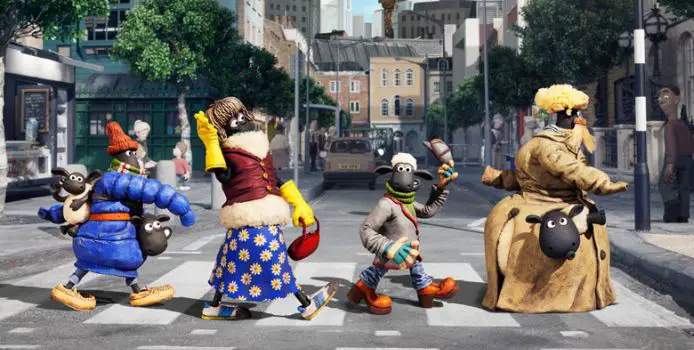
There is no formula for making a perfect kids film, yet studios have set up entire animated devisions that churn out movies under the tried-and-tested “jokes for the parents and jokes for the kids” formula. The twin assumptions that filmmakers don’t feel children are sophisticated enough to understand certain jokes in a movie tailor-made for them and that parents also need to be pandered to in order for them to enjoy the film are relatively new. After all, back in the early days of silent cinema, most movies were experiences for the entire family, with everybody (no matter how young or old) being catered to equally.

Pretty much every big screen reboot of a beloved childhood TV show has been terrible. Yet for people with a certain nostalgia for it, they will end up loving it regardless of quality. I never watched the Teenage Mutant Ninja Turtles when I was growing up, which is why I can recognize that the recent Michael Bay-produced reboot is terrible, but a worrying amount of people I’m friends with can’t see it as anything other than an extension of what they loved when they were younger.

I am a member of a generation that covets nostalgia more than any that has come before it. The Internet allows us to relive our childhood memories whenever we wish. It can be comforting to look back at the cartoons you watched as a kid or be reminded of that candy you loved that has since been discontinued.

